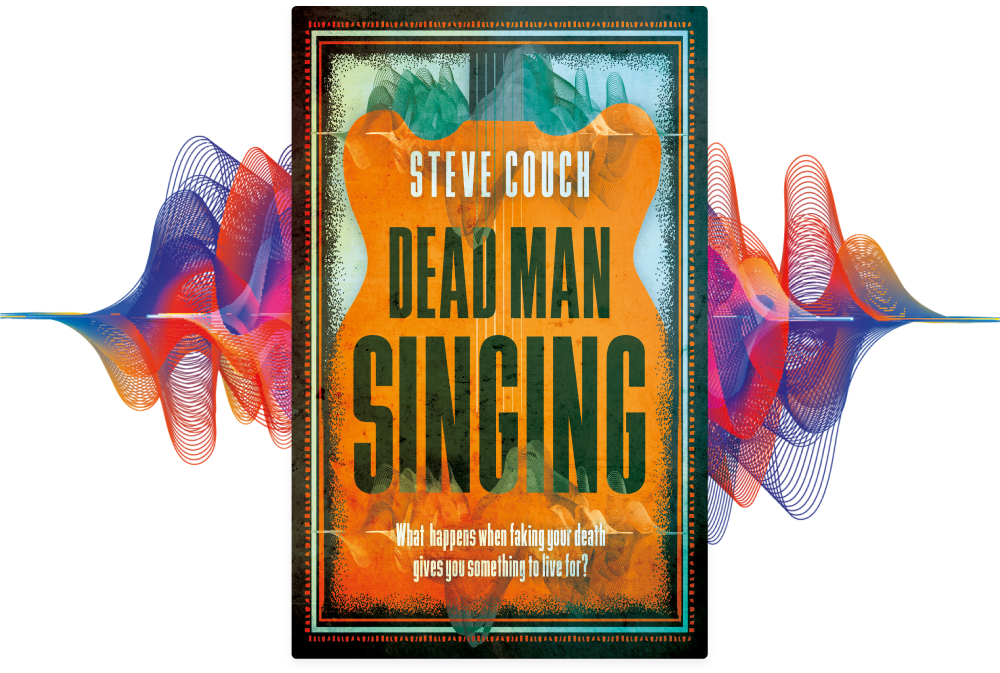
Hidden Gems #11: Sandy
111 days ago
Sandy Denny is one of the great lost voices of British music. Her death at the age of 31 brought a premature end to a dazzling career that had taken in the traditional folk music scene, a genre-defining spell fronting folk-rock pioneers Fairport Convention, singing with the Strawbs and Fotheringay, and even a guest vocalist credit on Led Zeppelin’s The Battle of Evermore. Readers of Melody Maker voted her the Best British Female Singer in 1970 and again in 1971, but outside of folk circles she has faded from mainstream memory since then. Her time in Fairport is often the headline of her career, and it was her exhaustive knowledge of the folk world that eventually helped Fairport to find the new direction that, from Leige and Leaf (1969) onwards, not only defined them, but also spawned the entire genre of British folk-rock. In 2007, Denny’s song Who Knows Where the Time Goes? from Fairport’s Unhalfbricking (1969) album was voted the favourite folk track of all time by listeners to Radio 2. In short, she’s got game.
Dave takes two Sandy Denny albums with him in his 100, along with two Fairport albums (albeit one of them from before Denny joined the band). The other of her solo albums to make the list, The North Star Grassman and the Ravens (1971), also qualifies for this series of Hidden Gems, but the presence of one particular track on Sandy (1972) arguably lifts it above its predecessor.
That song is the opening one, It’ll Take a Long Time, a worthy rival to Who Knows Where the Time Goes? as Denny’s finest moment. Achingly beautiful guitar work from – that man again – Richard Thompson entwines with a typically vulnerable Denny vocal to wrap the listener up in emotions above and beyond the simple lyric. If the album stopped there after just one song, it would still be worth every penny.
But there’s plenty more to enjoy. For Nobody to Hear begins as a standard of-its-time mid-tempo folk-rock outing, but Denny’s soaring vocals, along with Alan Toussaint’s brass arrangement and some deft guitar lines from Thompson elevate it into something much more satisfying. Bob Dylan’s Tomorrow Is a Long Time (as Dave says in Dead Man Singing, back then it was a legal requirement for singer-songwriters to include a Dylan song on their albums) is given a country-style treatment that works well.
The album’s breadth is shown by following the Dylan cover with a (mostly) a cappella version of the traditional The Quiet Joys of Brotherhood, a song that Denny had previously recorded with Fairport during the sessions for Liege and Leaf. Here the extended instrumental workout is replaced with multilayered vocals and a haunting trace of fellow Fairport alumni Dave Swarbrick’s violin.
Listen, Listen, with Thompson on mandolin, was picked by Tony Blackburn as his single of the week in September 1972. It’s hard to argue with Blackburn’s taste (a sentence I never imagined myself writing) even if his endorsement had no effect in terms of the charts. It’s a beautiful, wistful song with a hint of longing for something just out of reach (the mainstream success her talent deserved, perhaps?)
There’s a breadth of styles on the album, and while all but two tracks are written by Denny, much of it feels rooted in something much older. Ultimately, it’s Denny’s voice and the emotional resonance she carries that elevates the material into something truly special. She’s as much a rock industry casualty as Hendrix, Cobain and Joplin, although not nearly as recognised outside of her own genre. So many of her songs take on a darkly ironic nature in the knowledge of that tragic end. It Suits Me Well from this album – ‘the living it is hard, oh, but it suits me well’ – is a perfect example. While her death came from a fall at her home in Byfield, there has been much speculation on the part that her mental health issues as well as her struggles with substance abuse played in that accident. Whatever the cause, it’s clear that her death robbed British music of a major talent still much loved by many, but who deserved far wider acclaim and recognition.
There are no comments yet, be the first to comment...
Your comment will first need to be approved before it is visible.